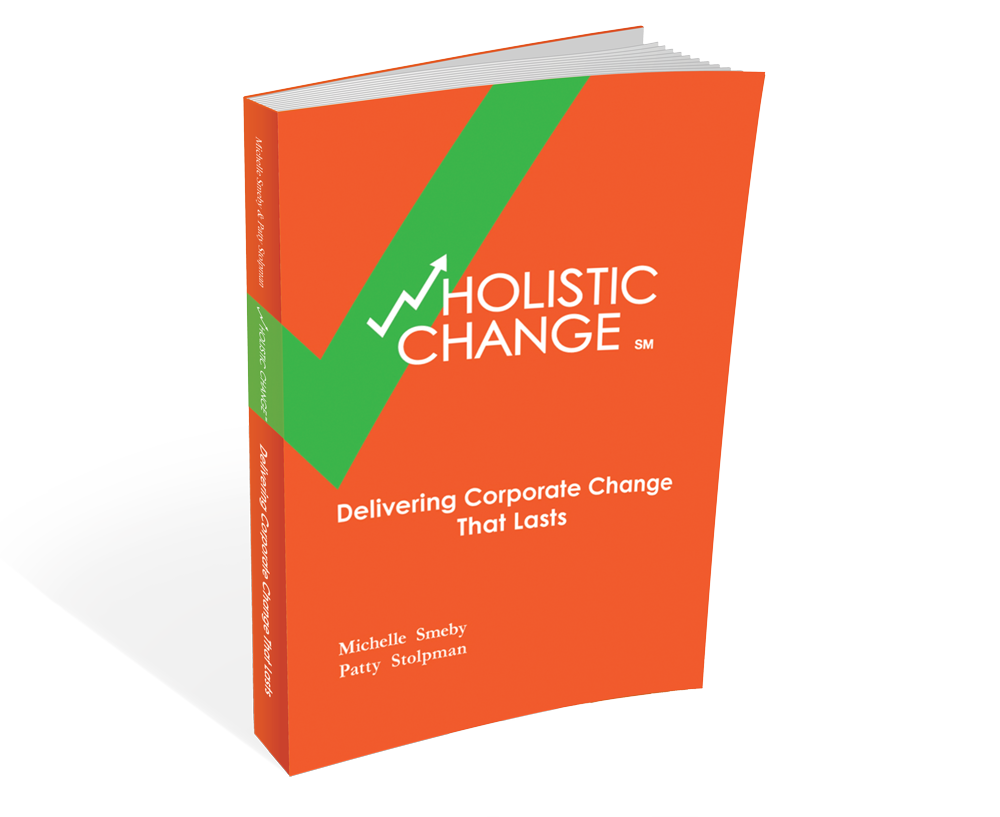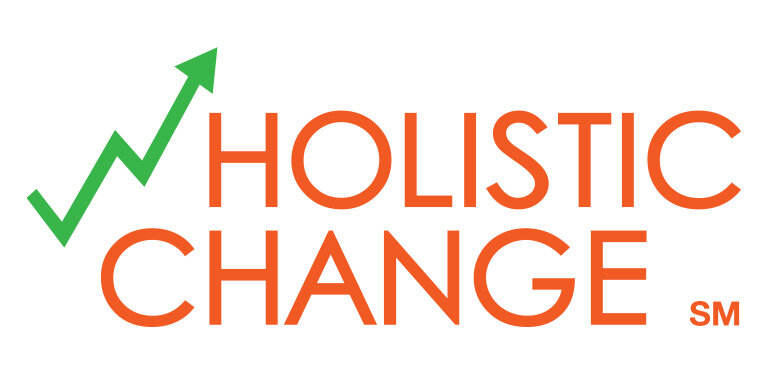We have been blogging recently about the impact of social media in changing how we do business and how we work with others. I was thrilled to read this Wall Street Journal article by Michael Nielsen about how even scientific research, once a bastion for protecting one's own data due to the competition to publish or perish, is starting to embrace working online to solve complex problems.
In January 2009, a mathematician at Cambridge University named Tim Gowers decided to use his blog to run an unusual social experiment. He picked out a difficult mathematical problem and tried to solve it completely in the open, using his blog to post ideas and partial progress. He issued an open invitation for others to contribute their own ideas, hoping that many minds would be more powerful than one. He dubbed the experiment the Polymath Project.Several hours after Mr. Gowers opened up his blog for discussion, a Canadian-Hungarian mathematician posted a comment. Fifteen minutes later, an Arizona high-school math teacher chimed in. Three minutes after that, the UCLA mathematician Terence Tao commented. The discussion ignited, and in just six weeks, the mathematical problem had been solved.Other challenges have followed, and though the polymaths haven't found solutions every time, they have pioneered a new approach to problem-solving. Their work is an example of the experiments in networked science that are now being done to study everything from galaxies to dinosaurs.
What especially resonated with me in this article is what we at wHolistic ChangeSM realize is crucial to encourage adopting a new way of doing things:
- Making the case for change: "Improving the way that science is done means speeding us along in curing cancer, solving the problem of climate change and launching humanity permanently into space. It means fundamental insights into the human condition, into how the universe works and what it's made of. It means discoveries not yet dreamt of. In the years ahead, we have an astonishing opportunity to reinvent discovery itself. But to do so, we must first choose to create a scientific culture that embraces the open sharing of knowledge."
- Aligning incentives with the change: "Even if scientists believe in the value of contributing, they know that writing a single mediocre paper will do far more for their careers. The incentives are all wrong."
- Developing a Community of Practice to encourage discussion: "The scientific community itself needs to have an energetic, ongoing conversation about the value of these new tools. We have to overthrow the idea that it's a diversion from "real" work when scientists conduct high-quality research in the open."

